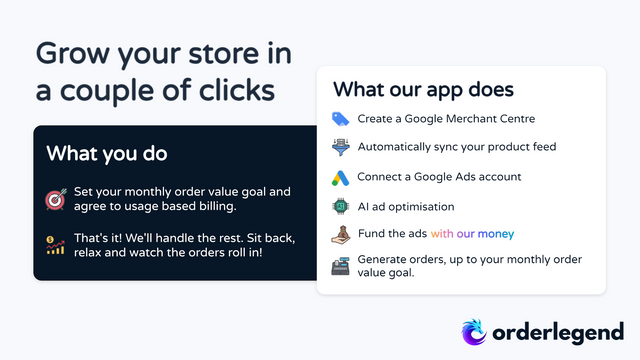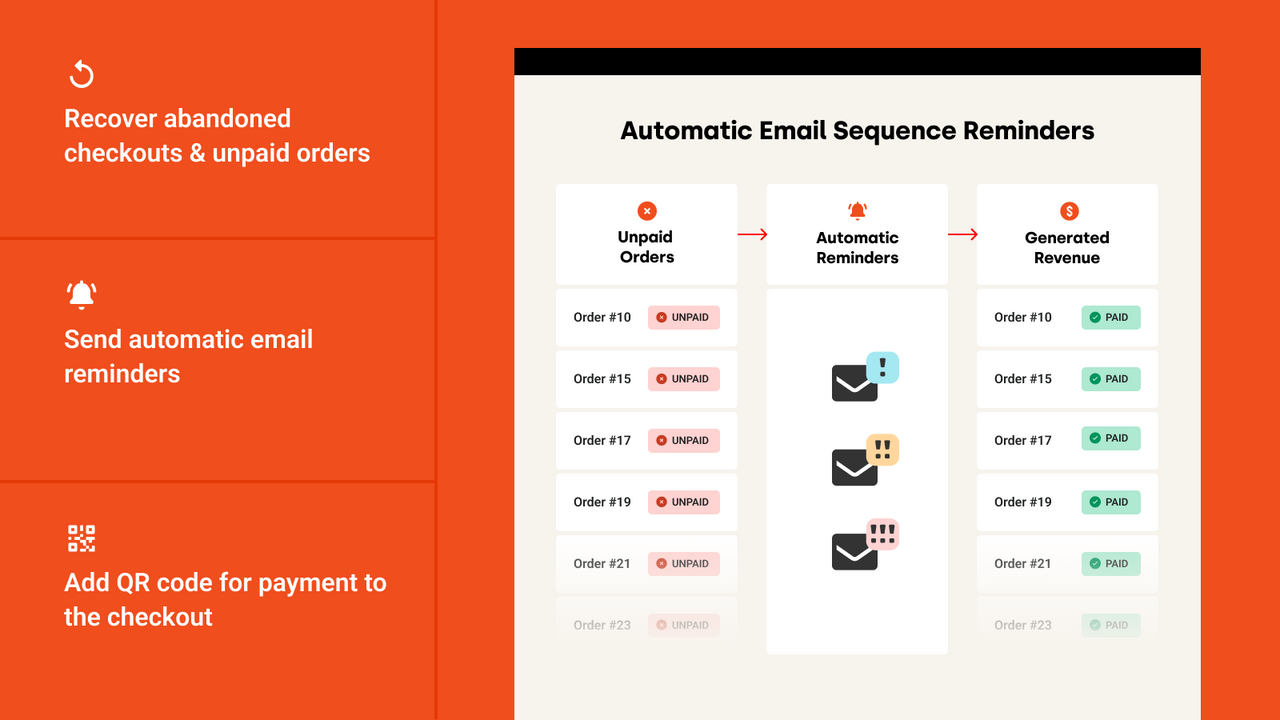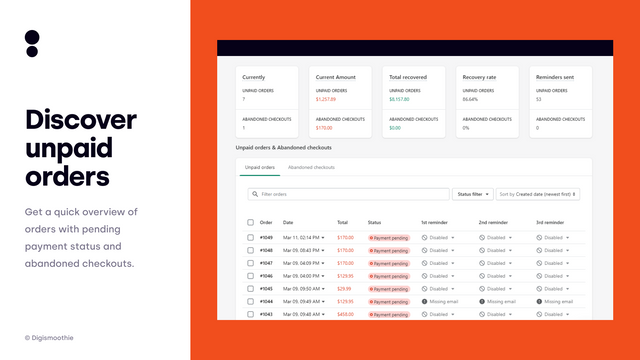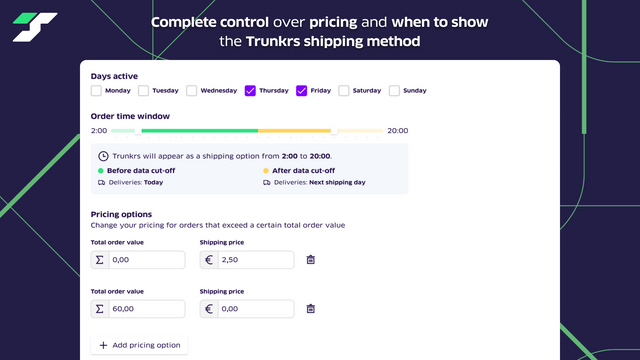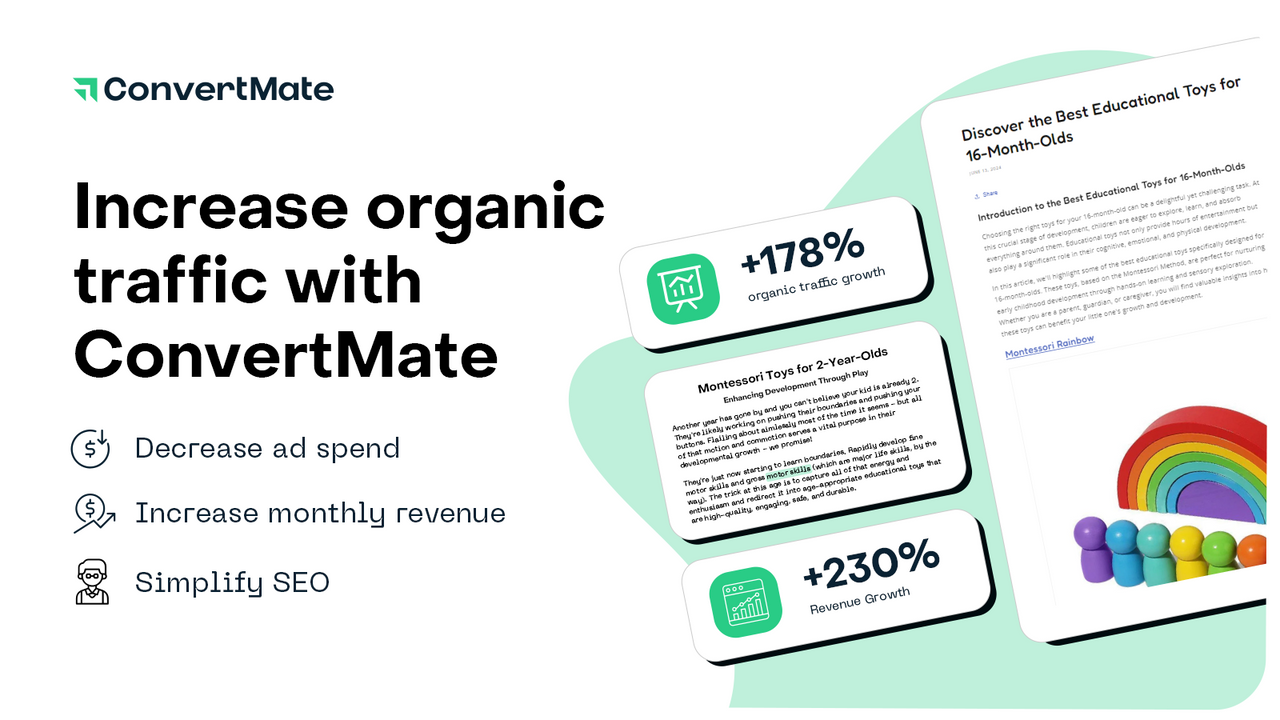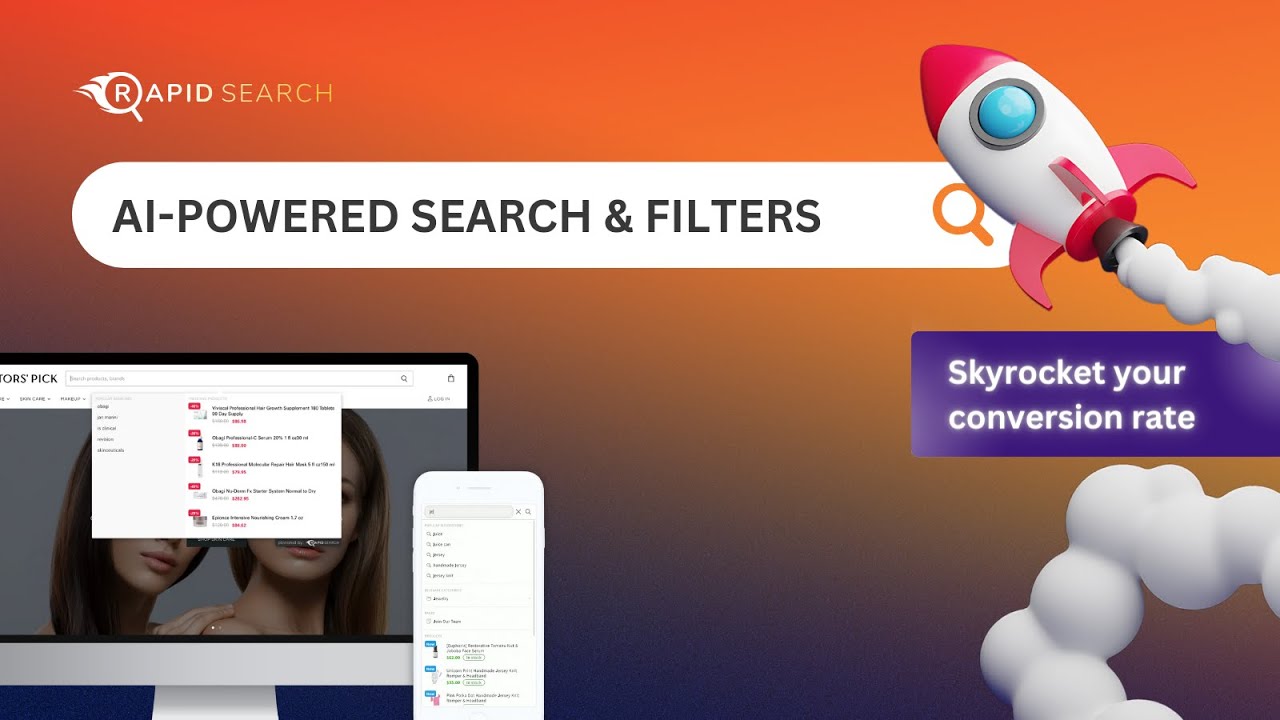When comparing the capabilities of OneShip and Shiptheory, both apps offer robust tools for streamlining shipping and fulfillment processes. OneShip excels in its ability to merge up to 1000 orders and produce 500 labels across multiple carriers in a single stride. This feature allows for efficient order management, saving users time and effort. On the other hand, Shiptheory offers the advantage of integrating with multiple carriers worldwide, simplifying logistics management regardless of carrier choice. This connectivity and integration make monitoring and management duties easier for users. Both apps provide real-time order synchronization and round-the-clock customer support, reducing post-sales service time. However, OneShip goes a step further by offering customizable tracking pages and endorsement emails, which can enhance brand exposure and sales. Based on these capabilities, we recommend OneShip for businesses looking for a comprehensive shipping solution that combines logistical assistance with essential marketing tools.
While OneShip focuses on order management and marketing tools, Shiptheory prioritizes automating shipping and fulfillment processes. With Shiptheory, users can automate tasks like shipment bookings and label printing, allowing them to redirect their focus to business strategy and growth. This automation feature, combined with the ability to create flexible shipping rules based on destination, weight, SKUs, and more, increases operational efficiency for users. Shiptheory also stands out for its user-friendly dashboard, which allows for easy management of labels from multiple carriers. Whether it's FedEx, Royal Mail, UPS, or others, users can monitor and manage shipments from various carriers in one place. With its emphasis on automation and integration with carriers worldwide, Shiptheory is the recommended choice for businesses looking to streamline their shipping and fulfillment processes and redirect human hours to business strategy and growth.





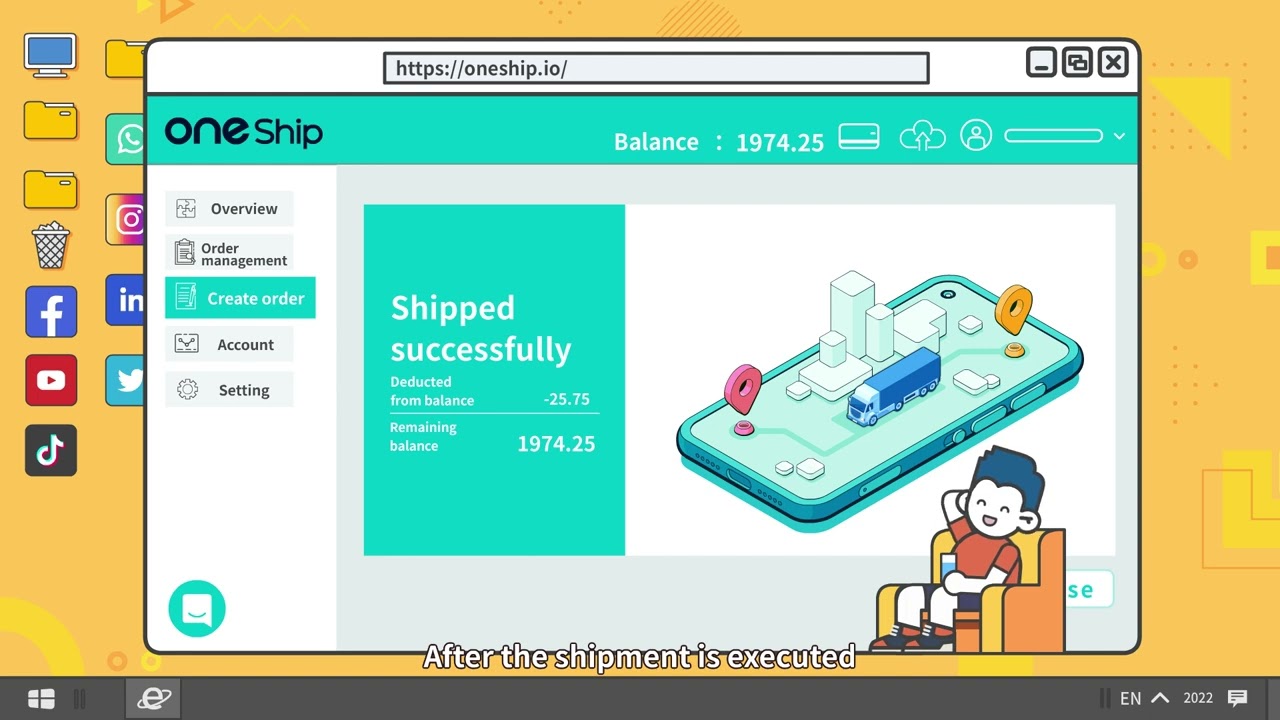








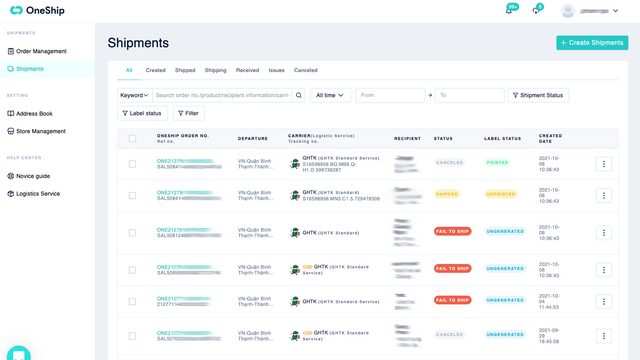
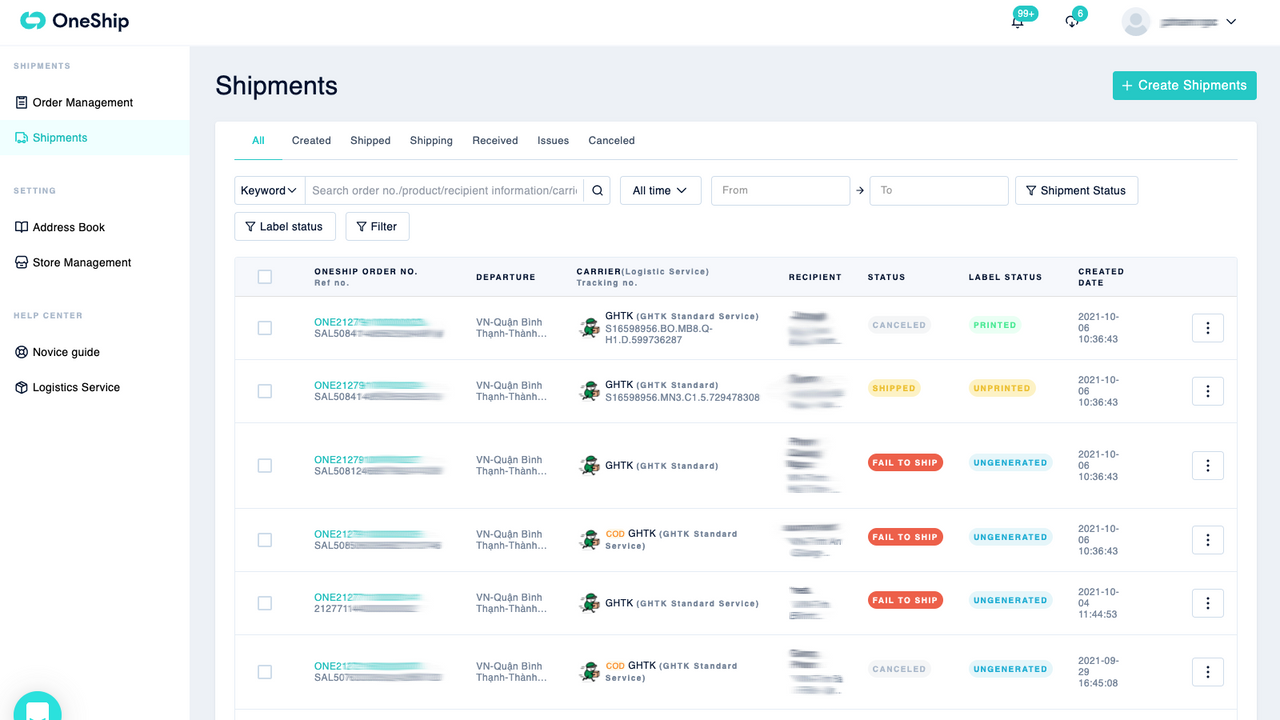
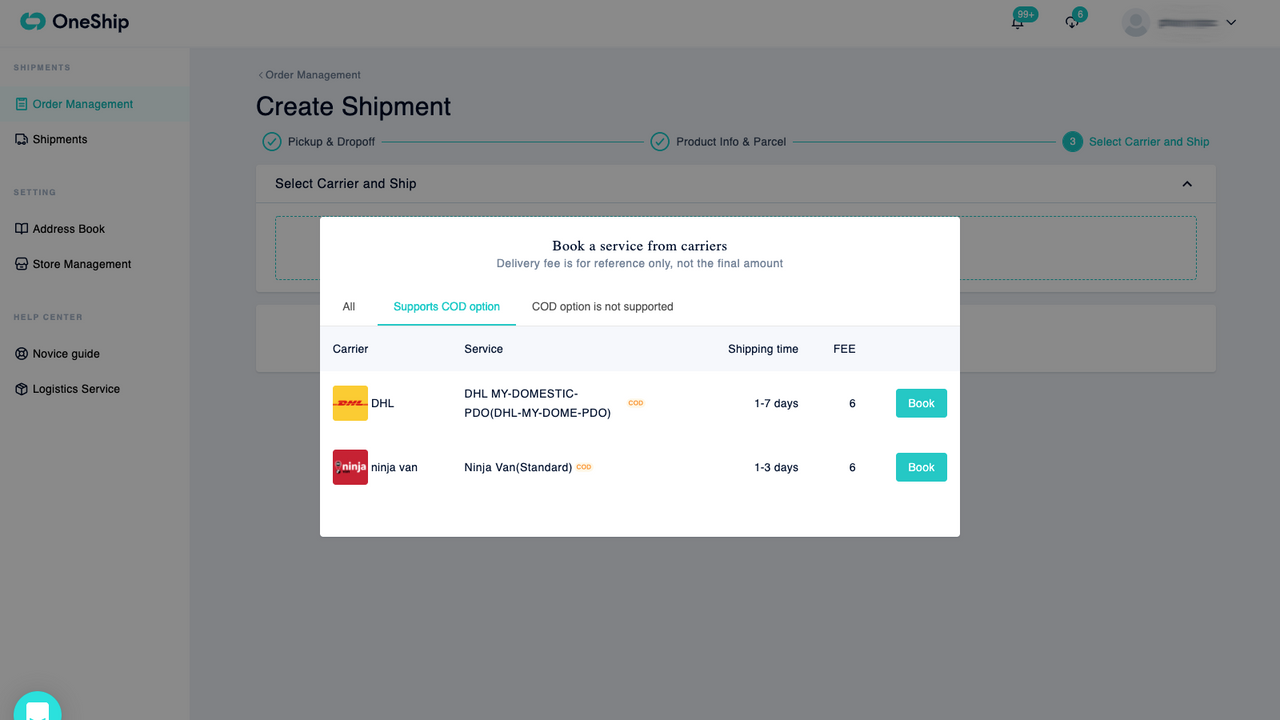
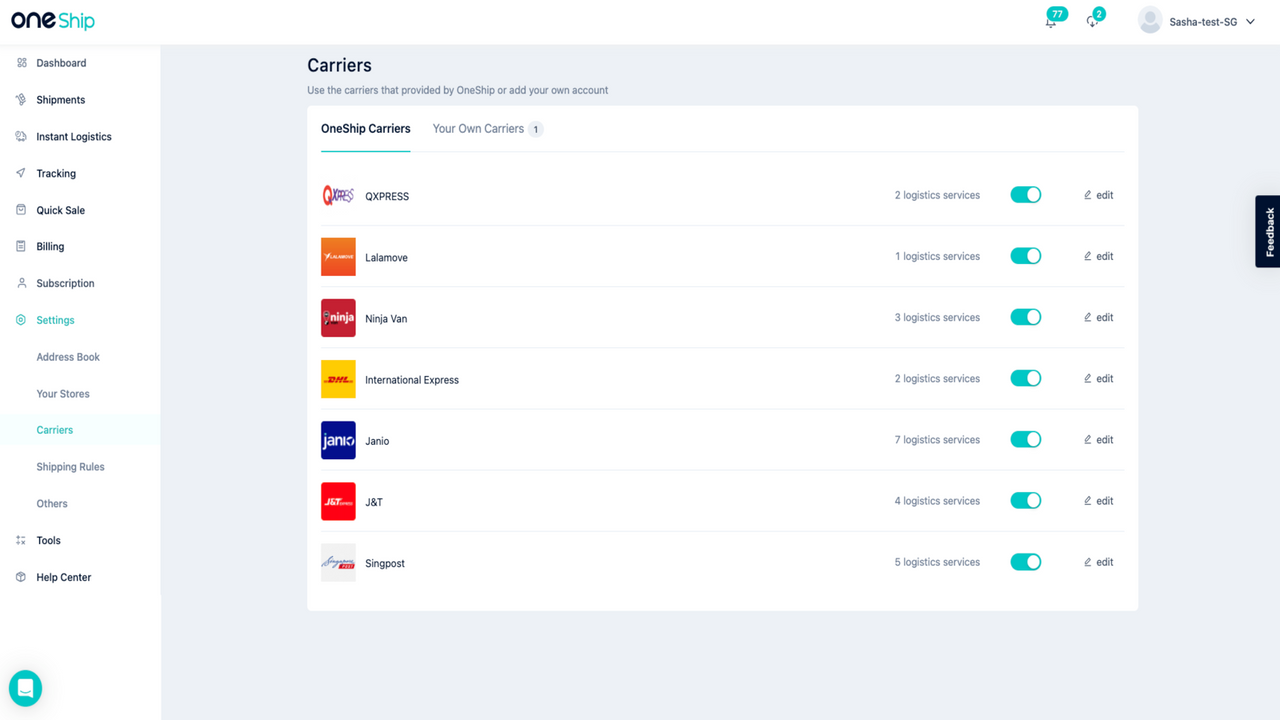

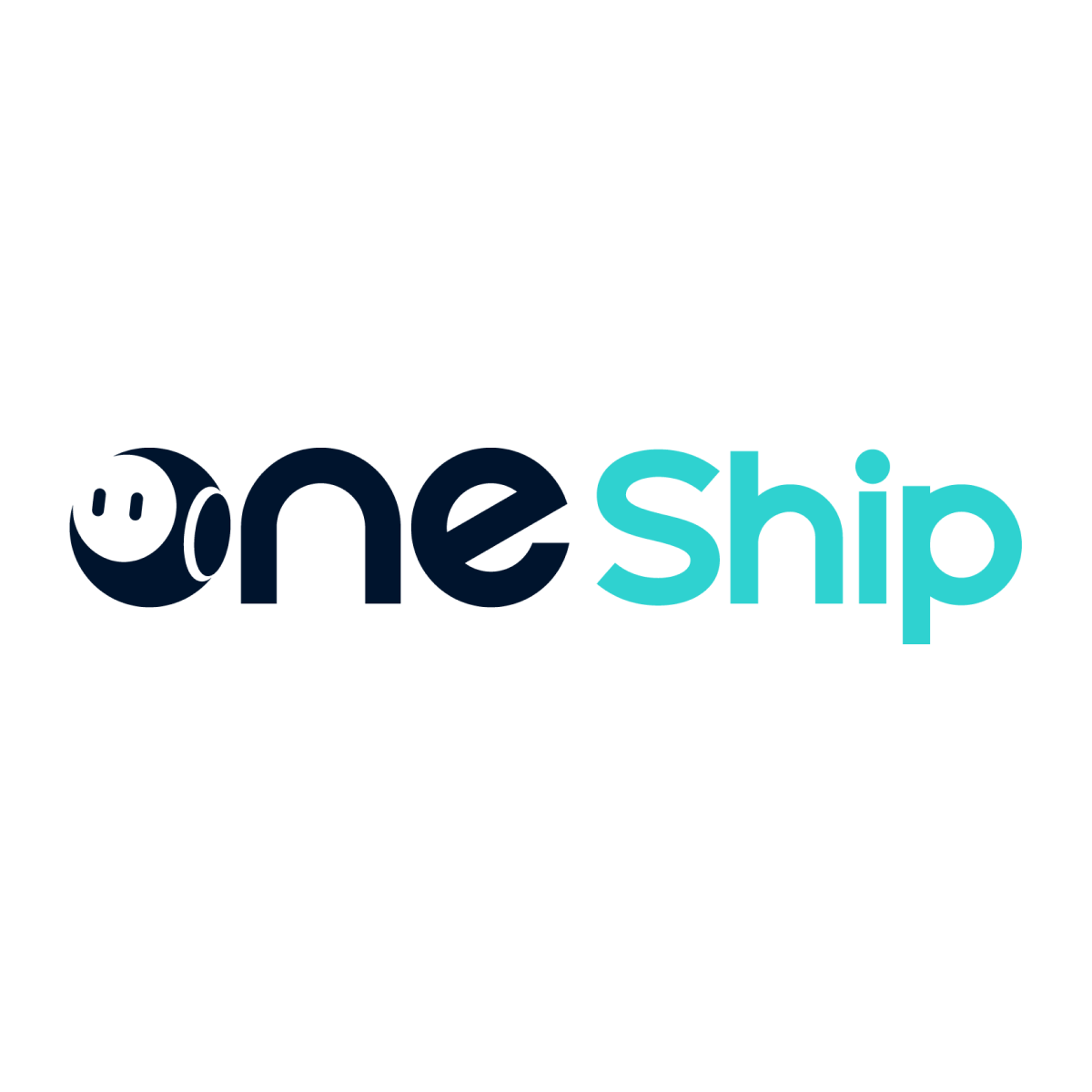 OneShip
OneShip Shiptheory
Shiptheory
